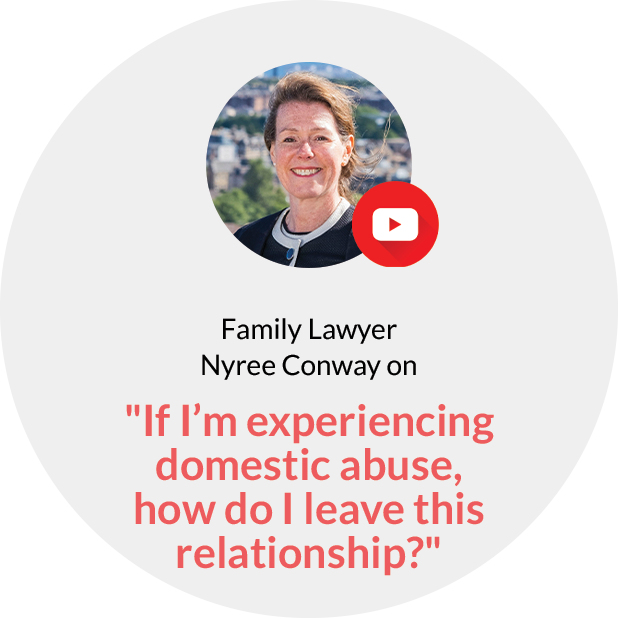
Protection from Domestic Abuse can be obtained in all relationships if you have been abused by your former spouse or partner.
The first phone call you should make is to the police. If necessary, you should seek medical treatment recording any injuries with the hospital, GP or simply by taking photographs of these. Taking these steps may assist in obtaining protective orders to stop the unacceptable behaviour of your spouse, partner or ex-partner.
In Scotland, restraining orders; known as interdicts, serve as crucial safeguards against harassment, abuse, and domestic violence. Understanding the nuances of these protective orders is crucial to ensuring the protection of individuals and families.
What is a Restraining Order?
A restraining order, generally referred to as a Non-Harassment Order and Interdict, is a legal order issued by the court to prevent one individual from engaging in certain behaviours towards another. These behaviours may include harassment, stalking, intimidation, or any form of abusive conduct. The primary objective of such an order is to provide a sense of security and protection to the individual who feels threatened or harassed. Some orders can be registered with the police.
Legal Basis and Process
In Scotland, obtaining a protective order typically involves an application to the court by the individual seeking protection. This application can be submitted by your Family Lawyer and outlines the specific incidents of harassment or abuse and requests the court to intervene by issuing a Non-Harassment Order or interdict against the perpetrator. The court carefully considers the evidence presented and may grant the order if it deems it necessary to safeguard the applicant’ from that behaviour.
Scope and Enforcement
Once issued, a Non-Harassment Order or interdict sets clear boundaries on the behaviours prohibited towards the protected individual. These boundaries may include restrictions on contact, communication, or physical proximity. Violating the terms of a protective order can constitute a criminal offense and may result in severe legal consequences, including fines or imprisonment. It’s crucial for both parties to fully understand the terms of the order and adhere to them strictly.
Duration and Renewal
Protective orders in Scotland are typically granted for a specified duration, often ranging from six months to several years, depending on the circumstances of the case. However, they can be renewed or extended if the threat or risk of harm persists beyond the initial period. Additionally, individuals subject to a protective order have the right to contest its terms or seek modifications through the legal process.
Exclusion Order
You can also obtain an Exclusion Order to exclude your spouse, partner or ex-partner from the family home where his or her continued access or residence would be likely to cause injury to your physical or mental health and/or to your children. The court has a wide range of powers available in connection with an Exclusion Order to make orders to remove a spouse, partner or ex-partner from the house, to interdict that person from entering the house or within a specified area of the house or from removing household contents. A power of arrest can also be attached to the Exclusion Order and to the interdicts granted under the Exclusion Order. The power of arrest is registered with the police. It is a very effective remedy which deprives a person of the right to occupy their own home.
How can Johnson Legal Family Law help me?
If you are concerned for your or your children’s safety, don’t hesitate to reach out to us for support with a Non-Harassment Order, interdict order or an Exclusion Order. Our dedicated team are here to support you every step of the way.
We offer all our clients a free, 15-minute consultation call with one of our solicitors to determine how we can help. Call our office on 0131 622 8477, email [email protected] or submit your enquiry here.







